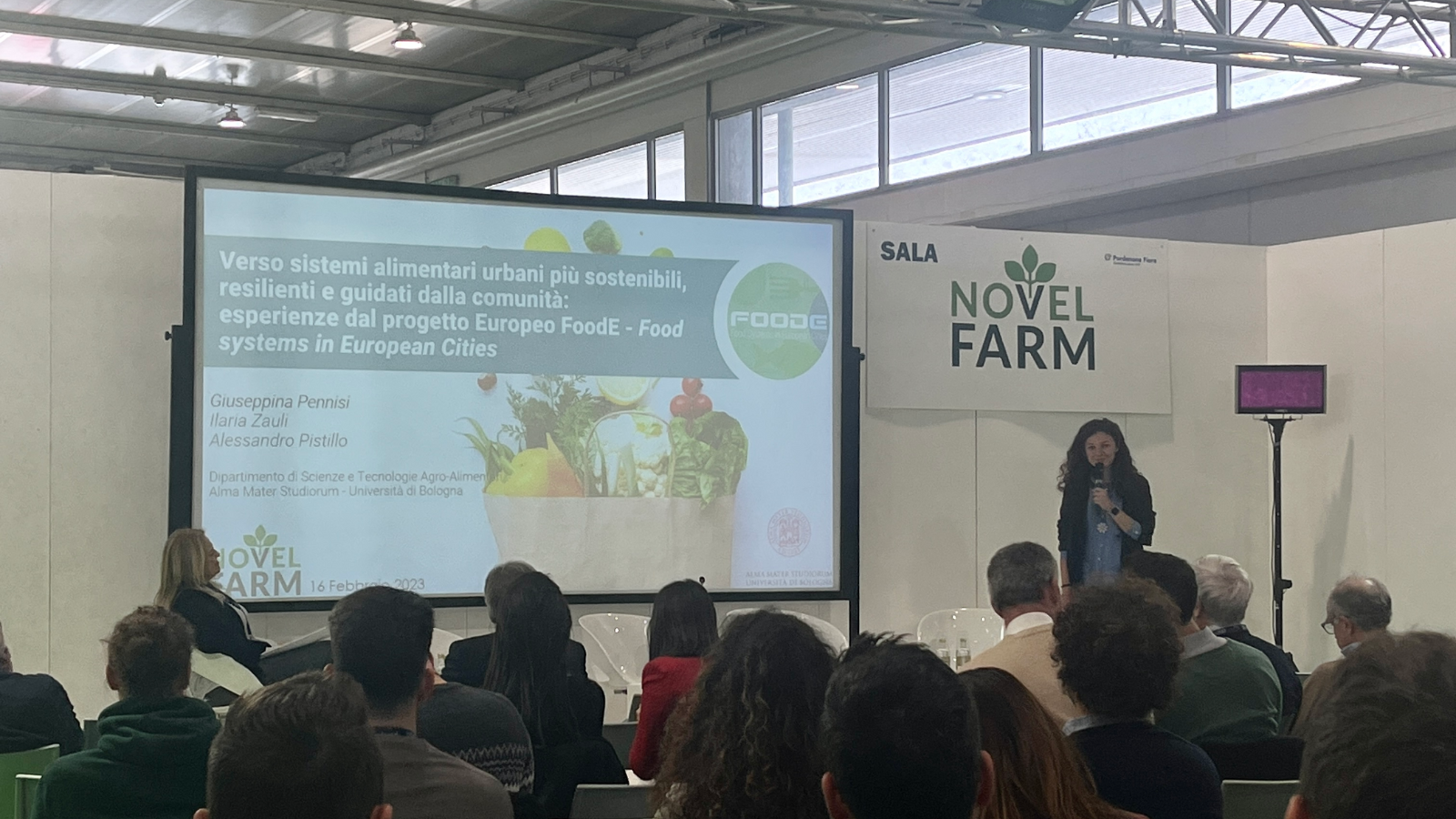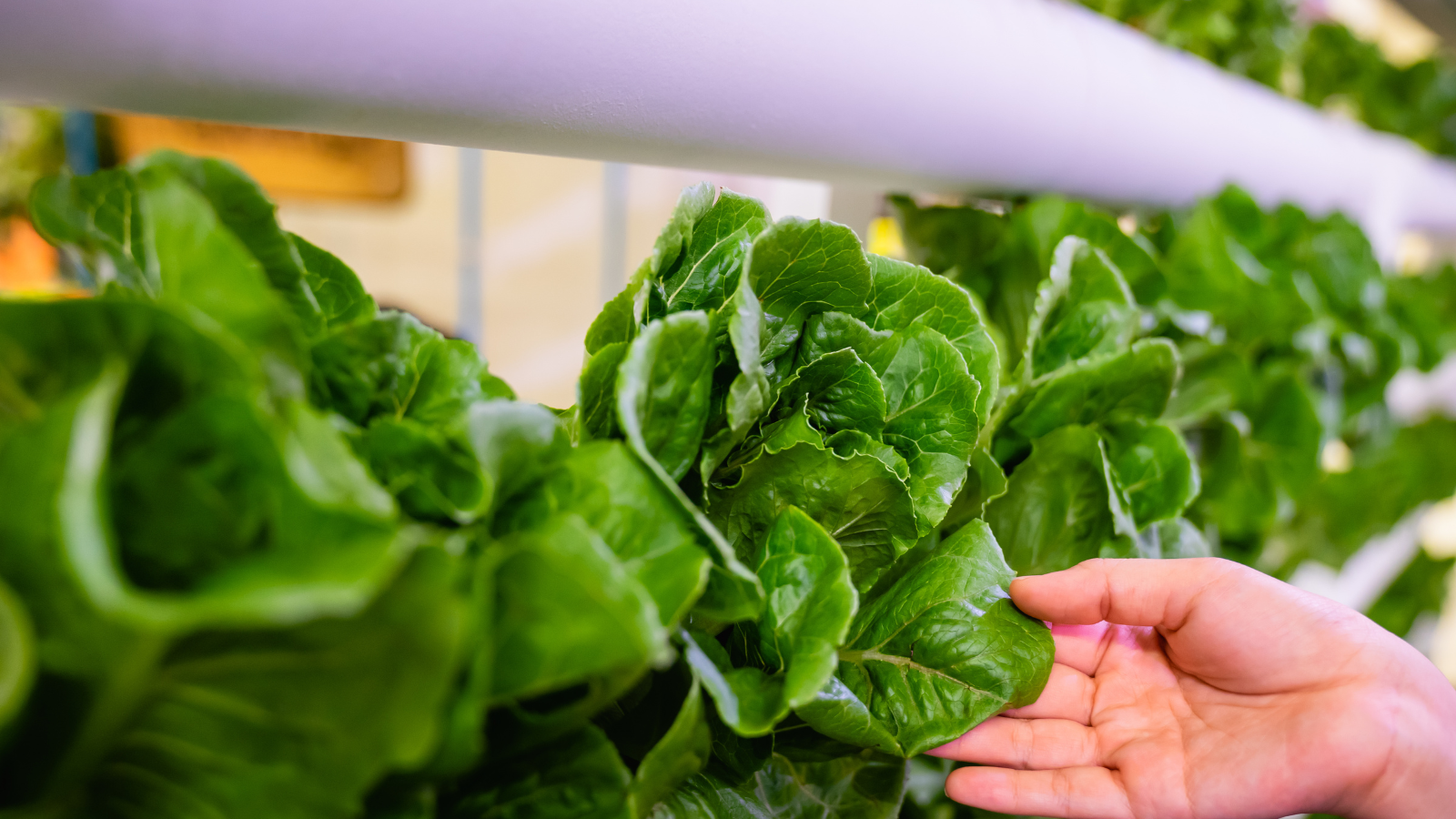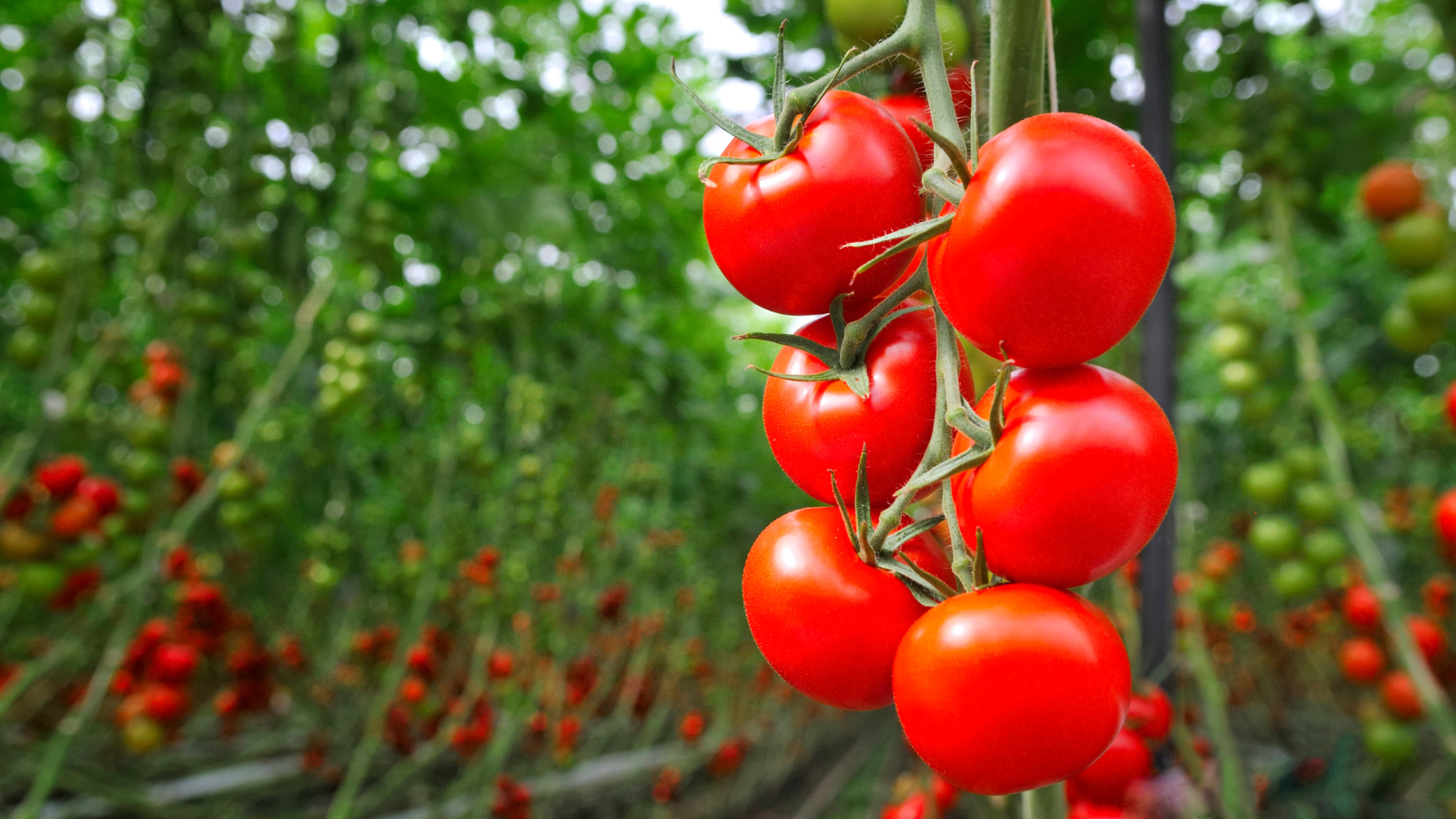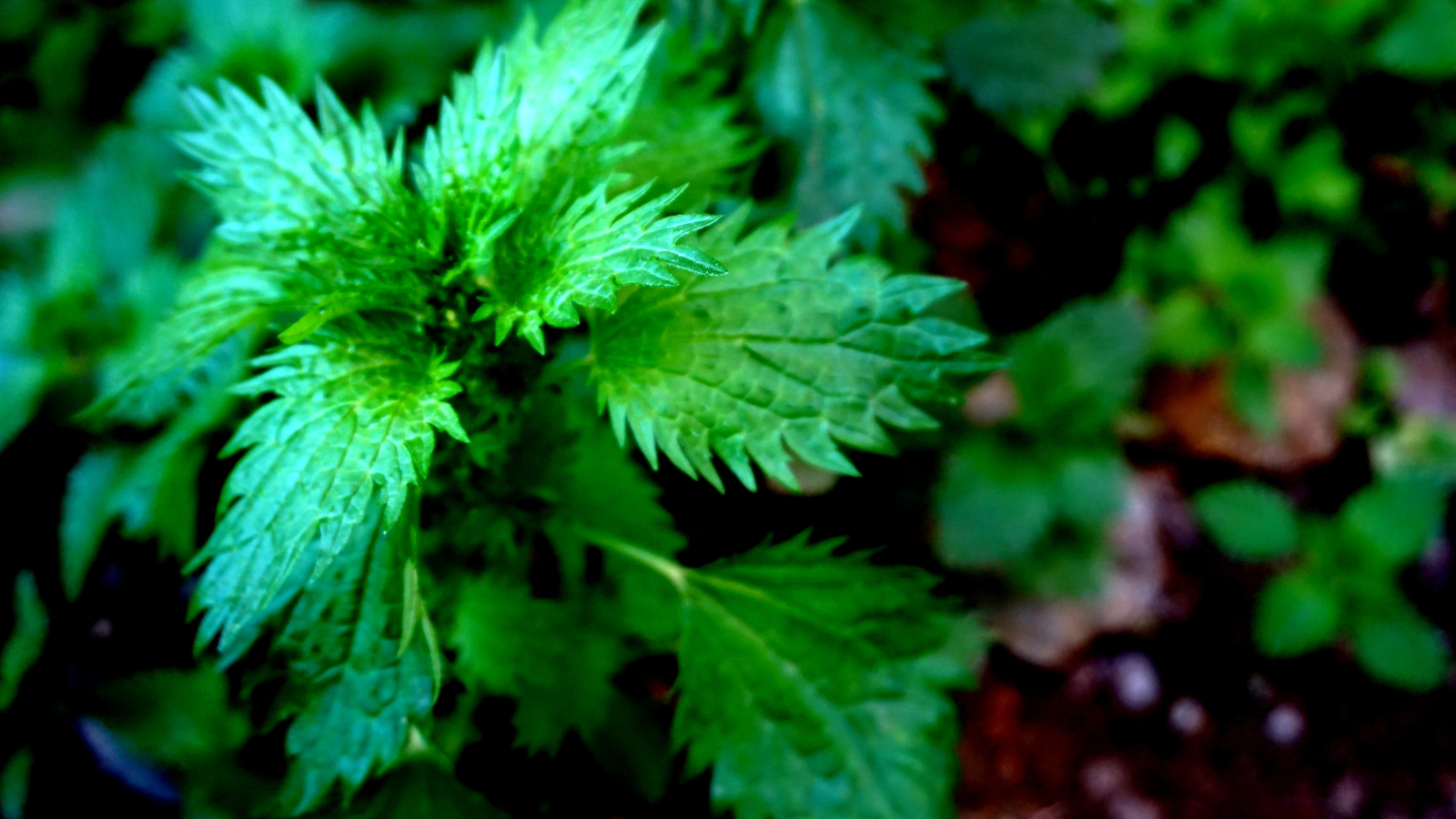Who doesn’t recognize this: you buy just too many groceries, leaving leftovers that eventually disappear in the trash. It may sound like a small issue, but all households combined provide a significant surplus of unused food. Add to that the waste of companies, where loads of canteen lunches remain untouched, or the hospitality industry that sometimes orders too much from their supplier. This results in a global food waste of 2.5 million (!) tons, accounting for one third of the total production and $1 trillion in total value. In view of a growing world population with a growing food shortage, these facts are quite disturbing.
Fortunately, this does not go unnoticed. Governments and corporate campaigns respond to the prevention of food waste. Tackling the problem will have a positive effect on several facets of the food chain. For example, more targeted orders from the hospitality industry influences what is produced, which in turn affects the consumption of raw ingredients. Most partners in the food chain believe that it is valuable to tackle this issue, but find it challenging to align the processes and bring together the needs of everyone involved.
Luckily, several initiatives seek to turn the tide. Taking as an example the Netherlands, where both small and large initiatives try to offer a solution to food waste. On a small scale, there is a wonderful example in the municipality of Albrandswaard (Province South-Holland), where the community collects food surpluses in nearby cabinets. Everyone can place packaged products or preservatives in the community cabinets so that local residents can take them out. Think of products such as pasta, flour, rice and preserved vegetables. It works like a barter: you place something in the cabinet and can take a product in return. The aim is that less food will go to waste and people who are financially struggling will be supported by their local community.
On a larger scale, an increasing number of organizations are starting to take seriously their social responsibility. A wonderful example can be seen in the new collaboration between Unilever and Too Good to Go, a platform that fights food waste. Through an app people are connected to food suppliers who are selling their leftover products that are close to their expiry date. The app allows to reserve and pick up products for a reduced price from nearby restaurants, bakeries or supermarkets that would otherwise be thrown away. What started as a pilot in Rotterdam, the Netherlands, now also took over Belgium, Denmark, Germany, France, the United Kingdom, Switzerland and Norway. The app currently has 3.5 million users in the Netherlands alone and has already saved more than 16 million meals. In addition, Too Good to Go introduced a new ‘look, smell, taste – before you waste’ label on their packaging, encouraging consumers to rely on their senses rather than the expiry date.
FoodE fully supports these and many other initiatives that raise awareness about food waste reduction and contribute to a more sustainable use of our raw materials. Because, when we all become more mindful with food on our planet, feeding the next generations will become less of a challenge.






